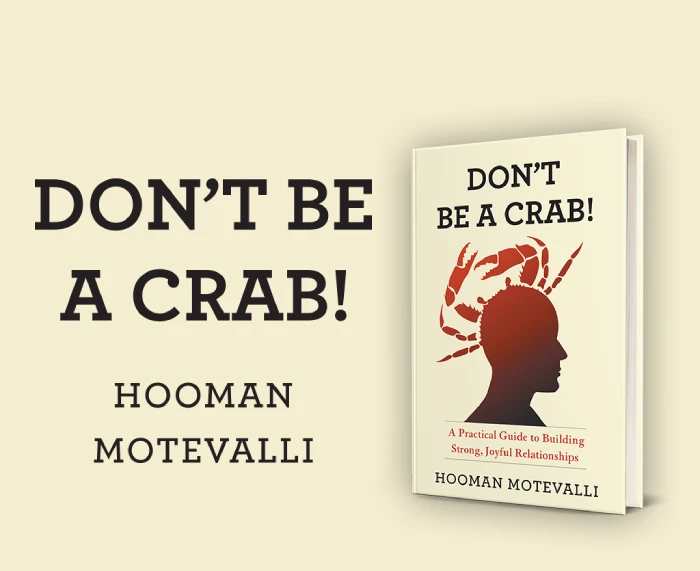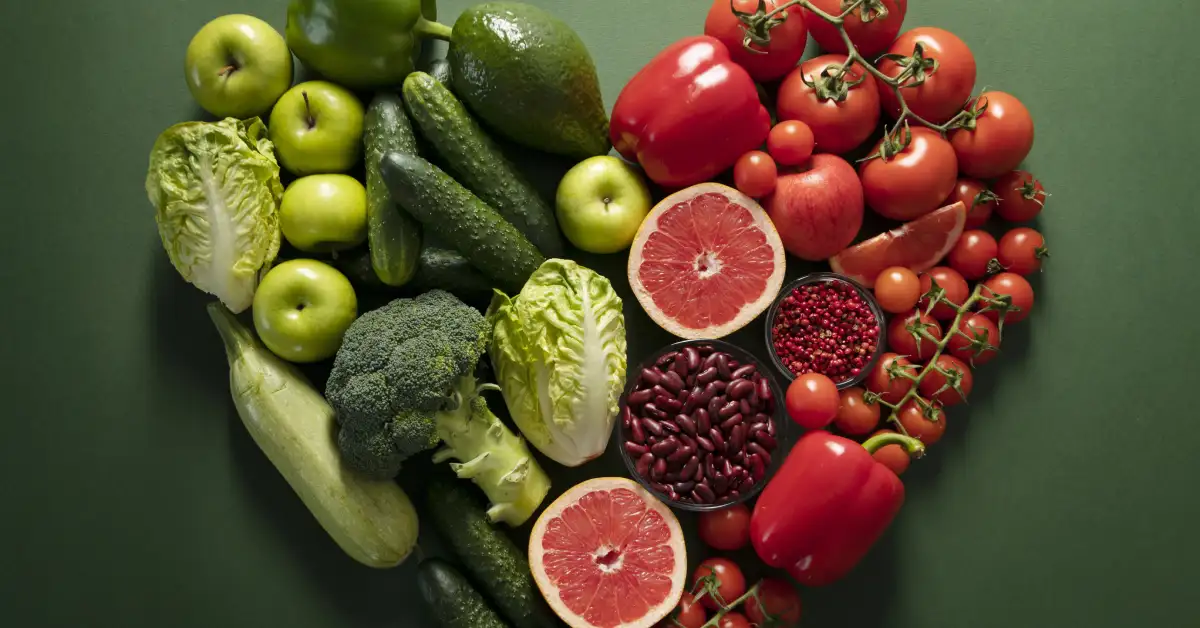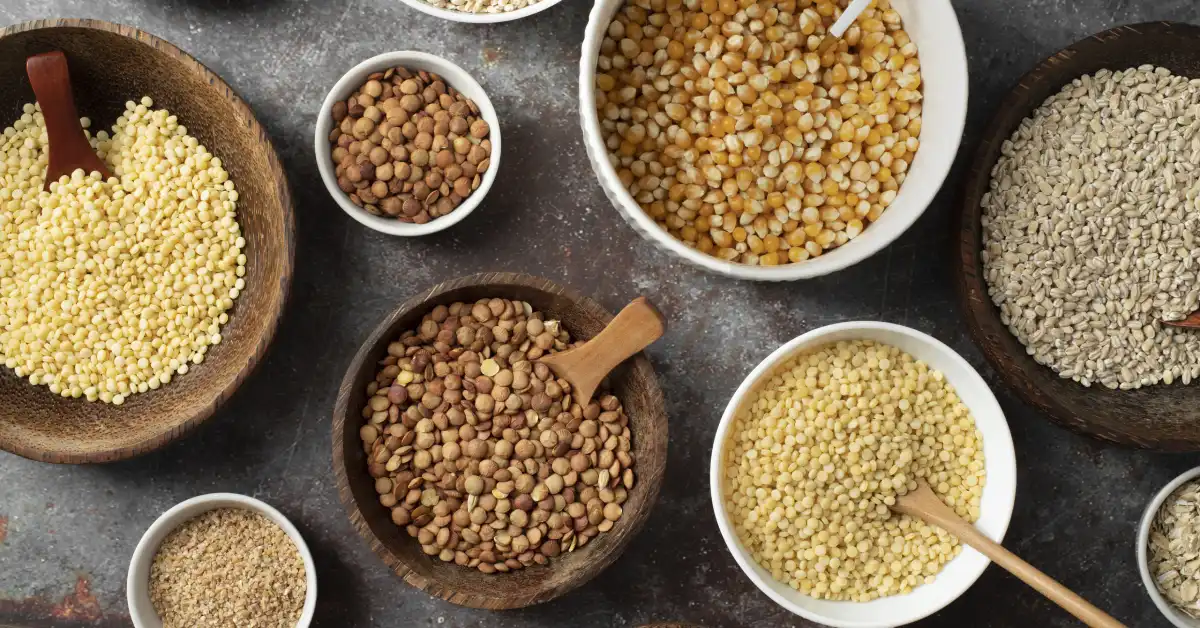Do you ever wonder why you feel so sluggish after eating a large platter of food and feel energy zapping through your veins after a short plate? It’s not about how much food you eat or how many calories you consume; it’s about getting healthy nutrition to your body.
What we eat affects how we look, act, and, most importantly, feel and think. Every piece of food and drink you take in affects how the rest of your day ends. That’s why getting healthy nutrition from the start is important.
Importance Of Get Healthy Nutrition
Food is often something we take for granted. We don’t take the time to consider its source, how we prepare it, or the real benefits it provides to our bodies. That’s why tempting quick, easy, fast food often drowns out healthier, quiet homemade food.
We all know the best foods for dogs or the best fuel for our cars, yet we don’t know what our bodies require to function best. Educating ourselves on the importance of proper nutrition, how to get it, and how it can impact our physical and mental well-being is important.
Over the past decade, during my journey as a coach, I’ve studied, experimented with, and worked with carbohydrate manipulation, the no-carb diet, veganism, vegetarianism, and nutrition for athletes. With my knowledge and guidance, I want to share with you 10 simple ways to get healthy nutrition.
Eat More Fruits And Veggies
Fruits and vegetables are natural powerhouses for getting healthy nutrition. They are high in the essential vitamins, minerals, and fibers you need but low in calories. They protect you against various diseases by boosting your immune system.
Make it a goal to include at least five servings of fruits and vegetables in your daily diet to ensure you get a wide range of nutrients. Whether you enjoy them raw, steamed, roasted, or blended into a smoothie, there are countless ways to incorporate fruits and vegetables into your meals.
Their vibrant colors and fresh flavors can make your plate more visually appealing and satisfying. So, fill your plate with a rainbow of fruits and veggies to nourish your body and tantalize your taste buds.
Cut Back On Processed Foods
Processed foods often contain high levels of sodium, sugar, and unhealthy fats, which are associated with various health issues such as obesity, heart disease, and diabetes.
Choosing fresh foods and minimizing your intake of canned or packaged items can significantly improve healthy nutrition for your health and well-being. Opting for whole foods over processed ones provides your body with essential nutrients and helps regulate your blood sugar levels and maintain a healthy weight.
By making this simple switch in your diet to getting healthy nutrition, you can reduce your risk of developing chronic illnesses and improve your overall quality of life. Embrace the power of whole foods and watch as your body thrives with each nourishing bite.
Choose Whole Grains
Whole grains like brown rice, quinoa, oatmeal, and whole wheat bread are far more nutritious and filling than their refined counterparts in terms of getting healthy nutrition. They provide sustained energy and keep you feeling full for a longer period, helping in weight management and reducing the risk of overeating.
Whole grains are also rich in fiber and important nutrients that nourish and support heart health and digestion. By incorporating whole grains into your diet, you can improve your overall well-being and enjoy their many benefits.
When you go shopping next, choose whole grains today and experience the difference in how you look and feel.
Limit Sugar Intake
Overeating sugar has been linked to several life-threatening diseases, including heart disease, type 2 diabetes, and cancer. It’s important to cut back on sweets, sugary drinks, and high-sugar snacks to get healthy nutrition.
Look for healthier alternatives, like honey or fruits, to satisfy your sweet tooth. Try replacing your sugary drinks with a sugar-free alternative, or better yet, just drink water. This will reduce your intake of unhealthy calories and excessive sugar.
By reducing your intake of added sugars, you can lower your risk of developing these serious health conditions and improve your overall quality of life. Remember, moderation is key when it comes to sugar consumption, so be mindful of how much you consume daily.
Stay Hydrated
Drinking plenty of water is important for good health and getting healthy nutrition. It helps regulate your body temperature, keeps your joints lubricated and strong, aids digestion, and prevents infections.
Drink at least eight glasses of water daily, and more if you’re active or in a hot climate. Carry a reusable water bottle daily to remind yourself to stay hydrated.
If you struggle to drink enough water, try infusing it with fruits or herbs for added flavor. Your body will function more efficiently when properly hydrated, so make it a priority to drink enough water each day. By staying hydrated, you’ll feel more energized, focused, and ready to take on whatever the day brings.
Eat Lean Proteins
Lean proteins, such as chicken, turkey, fish, and legumes, are excellent sources of protein and are lower in fat than other sources, like red meat, to get healthy nutrition. They play a crucial role in getting healthy nutrition for building muscle, repairing body tissues, and maintaining a healthy immune system.
Adding lean proteins to your diet can drastically change it by making you feel full for longer periods, making it easier to resist unhealthy snacks and overeating. Whether you’re looking to lose weight, build muscle, or simply maintain a healthy lifestyle, focusing on lean proteins can significantly affect your overall health and well-being.
Watch Your Portion Sizes
Portion control is important for getting healthy nutrition. It can prevent overeating and weight gain. Aim for five small meals a day instead of three large ones. Using smaller plates and bowls can also help control your portions and prevent you from overeating.
By eating smaller, more frequent meals, you can keep your metabolism active throughout the day and avoid feeling overly hungry, which can lead to unhealthy food choices.
Also, using smaller plates and bowls can trick your brain into thinking you are eating more than you are, helping to prevent overeating. You can maintain a healthy weight by cutting down on the amount of food you eat daily.
Limit Alcohol
Alcohol can add extra calories to your diet without providing any nutritional benefit, leading to weight gain, liver problems, and other health issues. Limit your alcohol consumption and choose healthier beverage options such as water, herbal tea, or sparkling water with a splash of juice.
By cutting back on alcohol, you can reduce your calorie intake and improve your overall health. Moderation is key when it comes to alcohol consumption to maintain a healthy weight and get healthy nutrition.
Cook At Home
Cooking at home allows you to control what goes into your meals for healthy nutrition. You can choose fresh and wholesome ingredients, control portion sizes, and limit the use of unhealthy fats and added sugars.
This can help you maintain a balanced diet and avoid the temptation of ordering takeout or dining out, where meals tend to be higher in calories, sodium, and unhealthy additives.
Cooking at home can also be a fun and creative way to experiment with new recipes and flavors, making mealtime more enjoyable and satisfying. By making the effort to cook at home more often, you can take charge of your health and well-being while also potentially saving money in the long run.
Reduce Salt Intake
High sodium consumption can raise your blood pressure, leading to heart disease and stroke. Limit the use of table salt and high-sodium sauces and dressings. Go for herbs and spices to flavor your food instead of salt.
Choose low-sodium options when buying canned or processed foods. By reducing your sodium intake, you can lower your risk of developing serious health issues in the future.
Remember to read nutrition labels to make informed choices about the sodium content of your foods. By making small changes to your diet, you can greatly improve your overall health and well-being and get healthy nutrition.
Conclusion
From influencing our energy levels to shaping our long-term health, the quality of our diet plays an important role. The journey to optimal health begins with understanding the importance of getting healthy nutrition. It involves making mindful choices about the foods we consume and prioritizing whole and nutrient-rich options over processed alternatives.
If you want to learn more about how to incorporate these simple yet effective strategies to create healthier habits, check out my book “Don’t Be A Crab,” where I show you how to nourish your bodies and minds for a fulfilled life.









